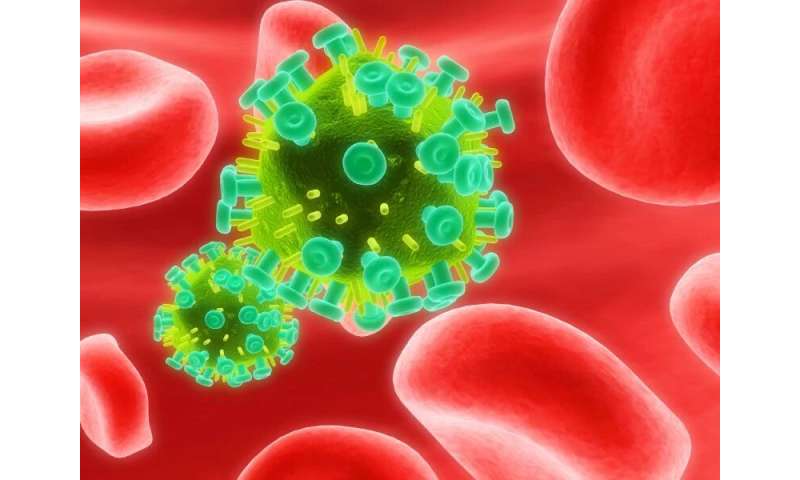
(HealthDay)—In a 2020 guideline from the International Antiviral Society-U.S., published online Oct. 14 in the Journal of the American Medical Association, updated recommendations are presented for the treatment and prevention of HIV.
Michael S. Saag, M.D., from the University of Alabama at Birmingham, and colleagues collected new evidence since the previous International Antiviral Society-U.S. recommendations, issued in 2018, examined new data, and incorporated them into current recommendations.
The authors included 549 citations to form the evidence basis for the recommendations. For all individuals with HIV who have detectable viremia, antiretroviral therapy is recommended as soon as possible. Most patients can start with a three- or two-drug regimen, incorporating an integrase strand transfer inhibitor. For patients who may be pregnant, those with specific clinical conditions, those with opportunistic diseases, or those with health care access issues, effective options are available. A long-acting antiretroviral regimen injected once every four weeks for treatment or every eight weeks, pending approval by regulatory bodies and availability, is recommended for the first time. Preexposure prophylaxis with an oral regimen is recommended for individuals at risk for HIV. Monitoring for effectiveness and safety is recommended before and during therapy. At this time, switching therapy for virological failure is relatively rare.
“Whether HIV is an independent risk factor for worse COVID-19 outcomes is still under evaluation,” the authors write. “Persons with HIV should be prioritized for SARS-CoV-2 testing and closely monitored for complications.”
Source: Read Full Article






